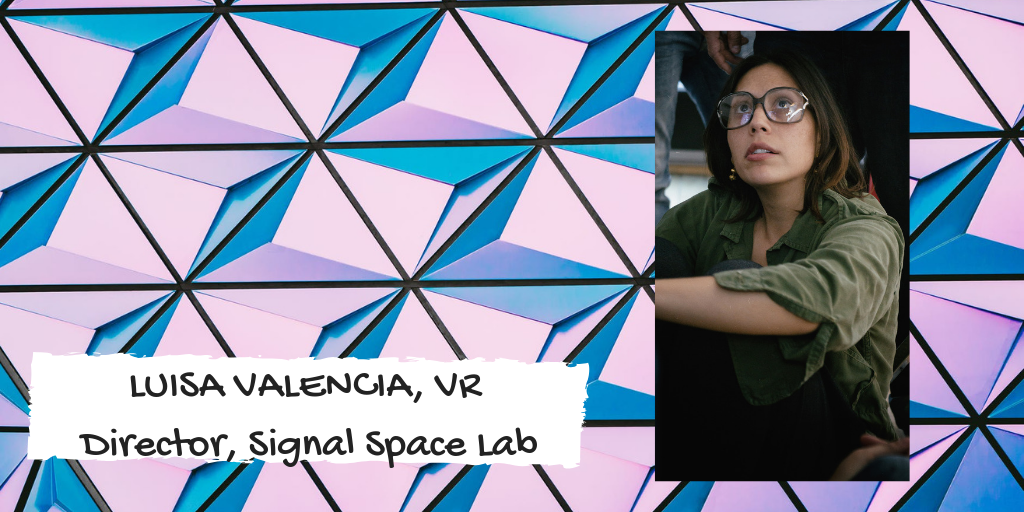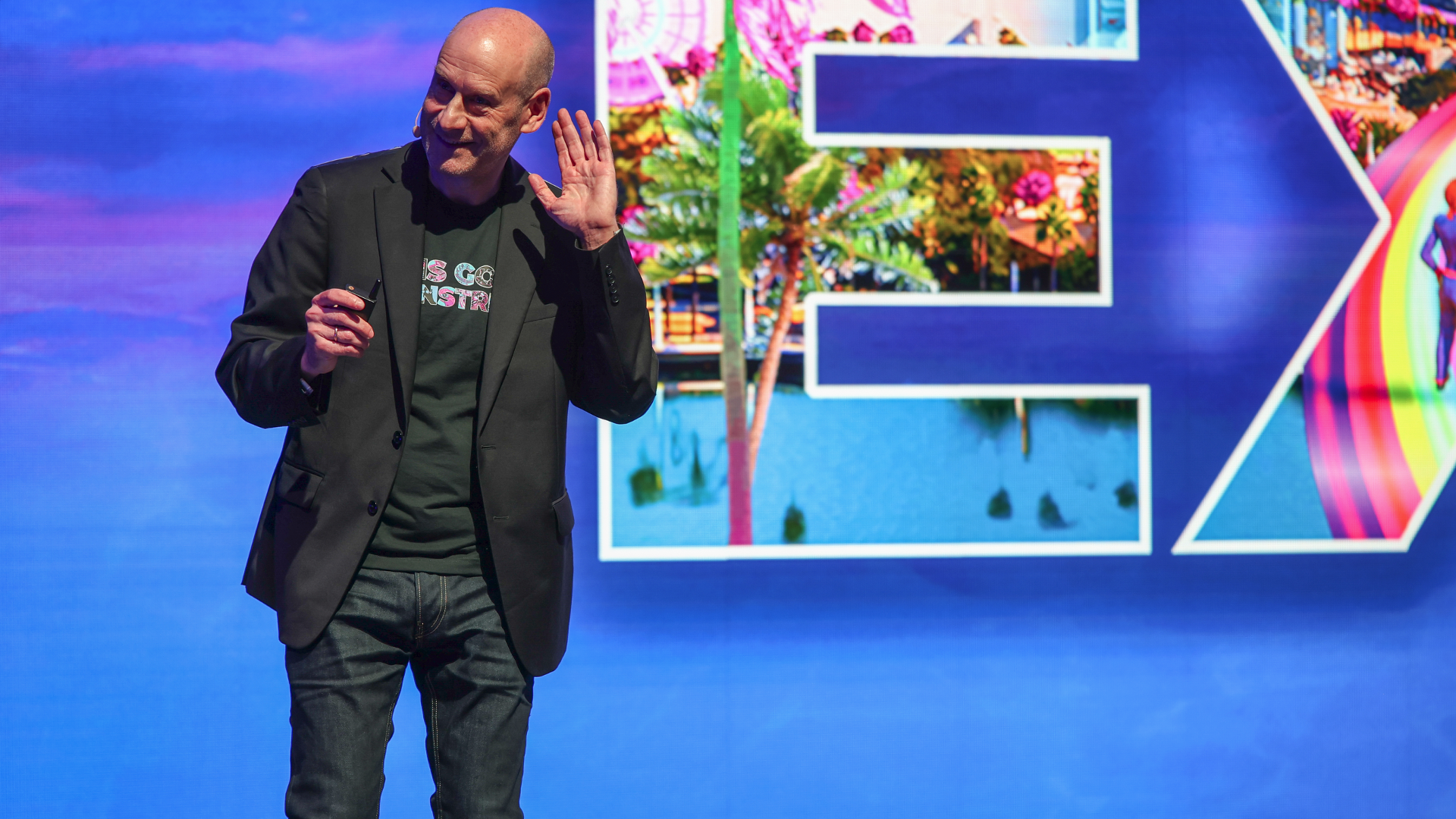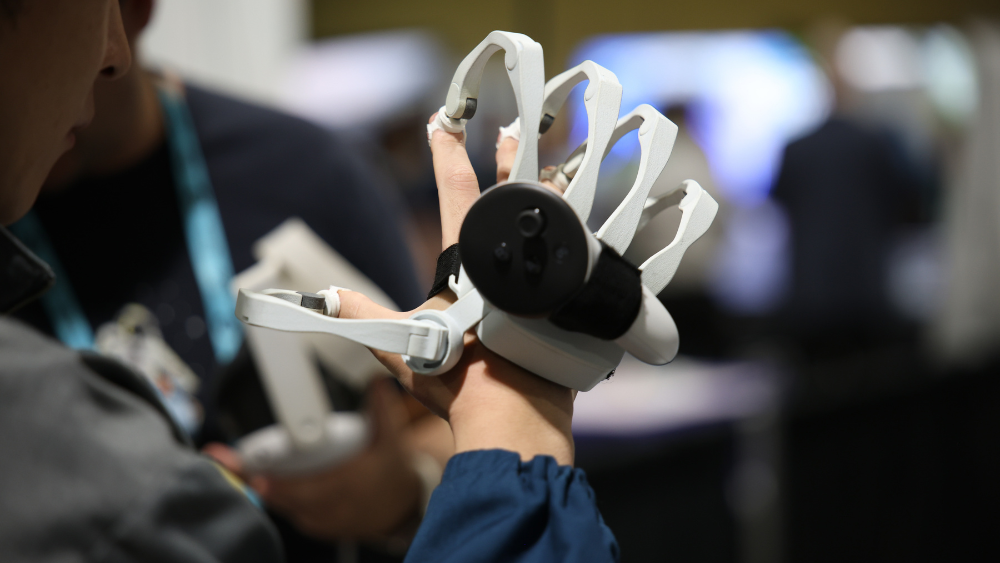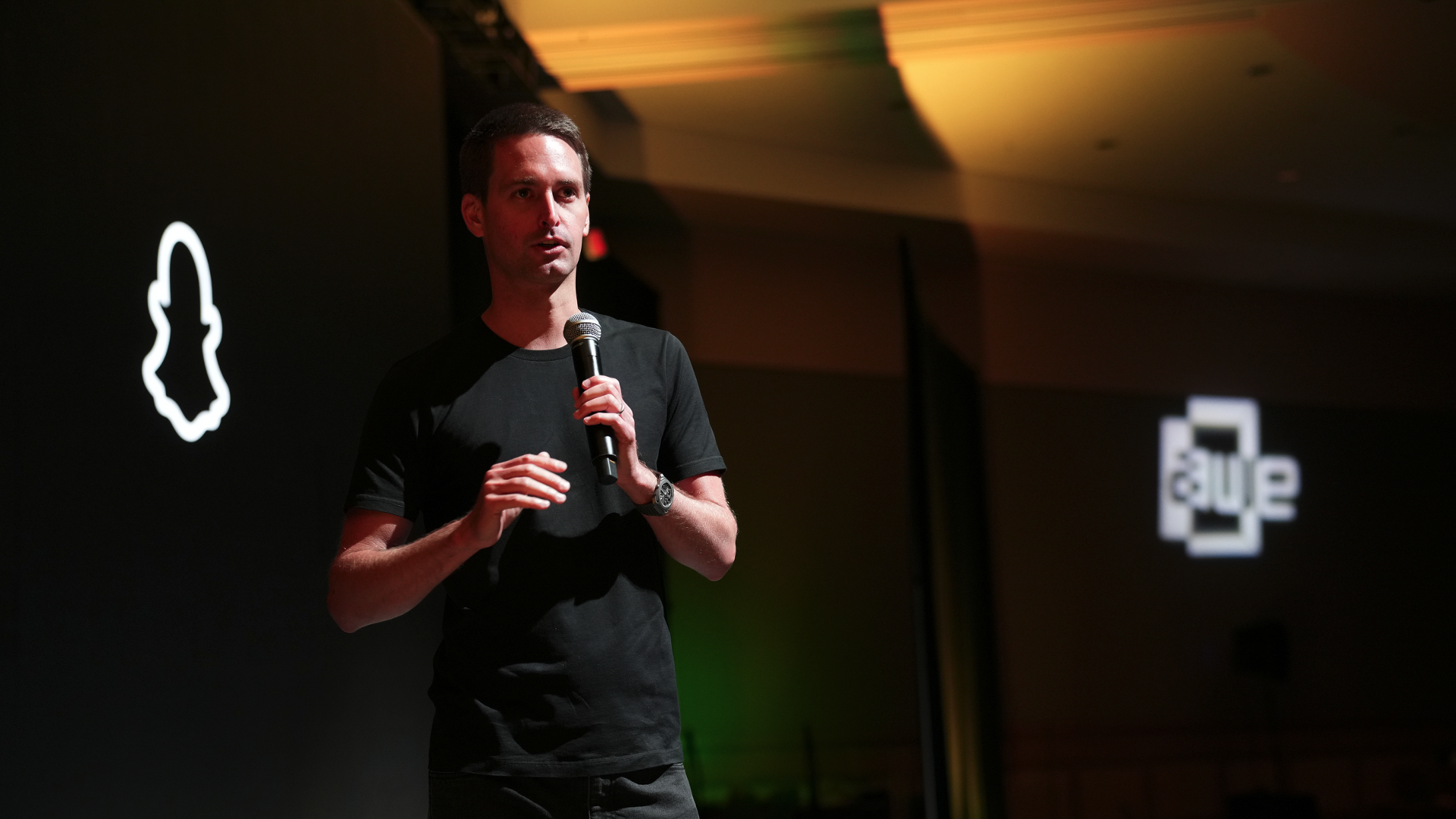Luisa Valencia, VR Director, Signal Space Lab
Emily: To begin, could you provide us with a little background on yourself and your career, and what was your first encounter with AR/VR?
Luisa: I'm a Visual Artist with a master's degree in Audiovisual Expression and studies in Documentary Making, Script Writing, and Dramatic Construction. For about a decade, I had the chance to work in parallel with the front and back of the production process in the film and television industry. I was creating short films and music videos, and at the same time, I was working as the head of the post-production department of a TV production company. So, I guess that having the chance to be creative on both fronts and feel so familiar with the post-production process, was crucial for me later on for when VR came to my life.
Right now, I have my dream job. I'm responsible for creating content for VR at Signal Space Lab, a studio that focuses on merging art and technology to produce meaningful VR and AR experiences.
My very first encounter with VR was Strangers with Patrick Watson; but, so far, Dreams of O has blown my mind the most because it has a nice balance between real and magical. I feel a great affection for these two because they were the first VR experiences I ever saw and because they opened my mind to a new way of expression. I'm dying to see Carne y Arena, but I haven't had the chance.
Emily: What is it like as a woman working in AR/VR?
Luisa: Since the very beginning of my career, I've done jobs usually done by men, like being an editor or managing an entire post-prod department. So, I guess I'm used to being a minority and I've learned to take good advantage of it. Now that I'm in AR/VR, it hasn't been any different. I enjoy it a lot!
Emily: What challenges do you face that your male colleagues don't?
Luisa: Working in VR encompasses so many challenges for everyone involved. In my particular case and with my team, the focus has always been to overcome any challenge that arises and so I haven't really felt that these challenges were specifically female.
Emily: Have you ever felt judged or overlooked because of your gender?
Luisa: Yes. I come from Latin America and the machismo there is stronger than in countries like Canada, where multiculturalism allows for more differences. So, for sure, I've felt judged and overlooked because of my gender.
Emily: What about the user experience for women; how do the devives fit and perform for women?
Luisa: I don't really think there's any gender bias in this particular matter. All of the devices are designed to work in the same way and serve the same purpose for both men and women. There has been considerable advancement in the performance and design of such devices since the VR boom started. Those improvements are about making them lighter, smaller, more ergonomic and with better resolution rather than custom-made devices according to gender. In the end, user experience and devices are meant to work for humans and they will get there.
Emily: What is the most critical issue for women in AR/VR?
Luisa: It could be the long history of rejection towards women in tech that has created fear and insecurity in both parties. I feel the industry has changed a lot in recent years and luckily we've come to the understanding that AR, VR, MR are just platforms for expression. We should break the harmful preconception about tech, and not come into situations with negative expectations.
Emily: Do you believe there's a lack of content for women AR/VR users?
Luisa: I don't think there is a lack of content for women; I think there's a lack of content created by women.
Emily: What is your advice to women working in AR/VR?
Luisa: Take advantage of being a woman and channel that strength, sensitivity and sense of compassion into this amazing creative space. VR is limitless and powerful. We should be careful with that power and drive it in a smart, constructive and compassionate way.
Emily: What would you like to say to men in the space? What should they be doing to help women in tech?
Luisa: I don't like to think that we need help from men. Women can build a tech community that depends upon a diversity of talents and abilities from all genders.
Emily: What is your greatest hope for the future of AR/VR?
Luisa: I would love to see a world where technology accommodates the way we naturally think and act. Where ideas, information and content is organized in a three-dimensional space allowing us to reach right into it and get away from our desks and screens. I really hope that this break from the screen will bring us together, connect us to one another and our surroundings.



